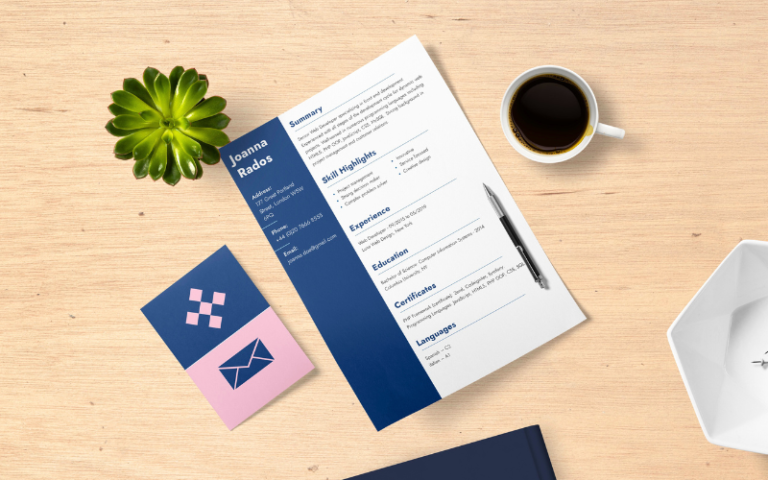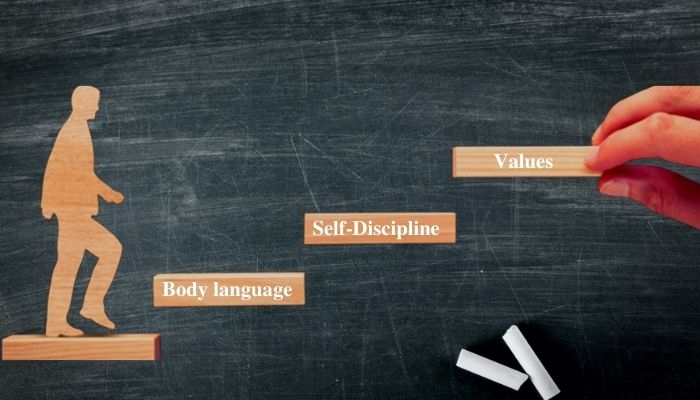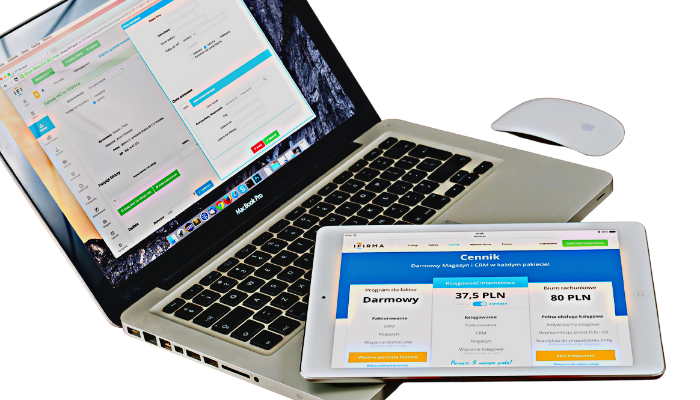How Social Stigmas Impact Professional Growth

Technology and advancement have revolutionized the modern business environment. The social and psychological issues of the workforce are also being addressed. However, there are some ethical issues like workplace harassment, bullying and attaching social stigmas to employees are still posting challenges to personnel development and professional growth of individuals. These stigmas, often rooted in biases and misconceptions, can significantly hinder an individual’s progress in their chosen field.
In this article, we will explore the various social stigmas that can impede professional growth and provide actionable strategies to overcome these barriers.
Understanding Social Stigmas Affecting Professional Growth:
1. Socioeconomic Background
Individuals hailing from diverse socioeconomic backgrounds may face prejudice and assumptions about their abilities and qualifications. Such employees are stigmatised specifically when they are outperforming their coworkers.
Overcoming this stigma involves highlighting one’s skills, showcasing achievements, and focusing on professional development. Seeking mentorship and networking opportunities can also aid in breaking through socioeconomic barriers.
2. Mental Health Issues
When an individual is isolated and alienated due to mental health issues, it means he is stigmatized. The modern business environment is full of competition and challenges, individuals take these challenges differently. Facing these challenges, some might develop mental health issues which hinder their professional growth. It is required to address the mental health issue of individuals rather to develop stigma.
Developing a culture to discuss personnel and professional issue help prevent such stigma. Also, there must be no shame in discussing mental health issues with medical professionals.
3. Disabilities and Misconceptions
Individuals with disabilities frequently face misconceptions about their capabilities. They are often been keep away from a certain types of activities. If disability stigma may be highlighted it can cause a feeling of inferiority and impacts one’s efficiency to perform work.
Embracing open conversations, advocating for reasonable accommodations, and emphasizing skills and achievements can help shift the focus from disabilities to abilities. Employers should prioritize inclusivity and provide accessible workplaces.
4. Cultural and Ethnic Biases
Cultural biases can lead to stereotypes and unequal opportunities. The employee’s cultural and ethnic background shapes their views, behaviour and professional outlook. Hence, one’s personality is defined by cultural values. So if one’s personality does not correlate with coworkers, he/she may be stigmatized.
To mitigate cultural and ethnic stigma, individuals should celebrate their cultural identity and educate others about their heritage. Employers can foster a diverse and inclusive environment by implementing bias training and promoting cross-cultural understanding.
Conclusion:
Social stigmas can significantly hinder professional growth, but they are not insurmountable. By acknowledging and challenging these biases, both individuals can enhance their wellbeing and organisations can pave the way for a more equitable and thriving work environment. Embracing diversity, fostering inclusivity, and promoting open dialogues are essential steps towards overcoming these barriers and unlocking the full potential of every professional.
FAQs:
Q1: How can individuals address socioeconomic biases during job interviews?
Individuals can proactively address socioeconomic biases by focusing on their skills and experiences relevant to the job, preparing well for interviews, and confidently discussing their achievements. It’s important to emphasize how one’s background has equipped them with valuable skills.
Q2: How can individuals with disabilities navigate biases in the workplace?
Individuals with disabilities can navigate biases by advocating for reasonable accommodations, focusing on their abilities, and educating colleagues about their strengths. Seeking mentors and allies within the organization can also provide valuable support.
Q3: What role does education play in addressing cultural biases?
Education plays a crucial role in addressing cultural biases by promoting understanding and empathy. Individuals can educate themselves and others about different cultures, which helps break down stereotypes and fosters a more inclusive work environment.
Q4: Why is it important for organizations to prioritize diversity and inclusivity?
Prioritizing diversity and inclusivity benefits organizations by promoting innovation, enhancing employee morale, and attracting a wider talent pool. Diverse teams bring varied perspectives, leading to better decision-making and overall success.





